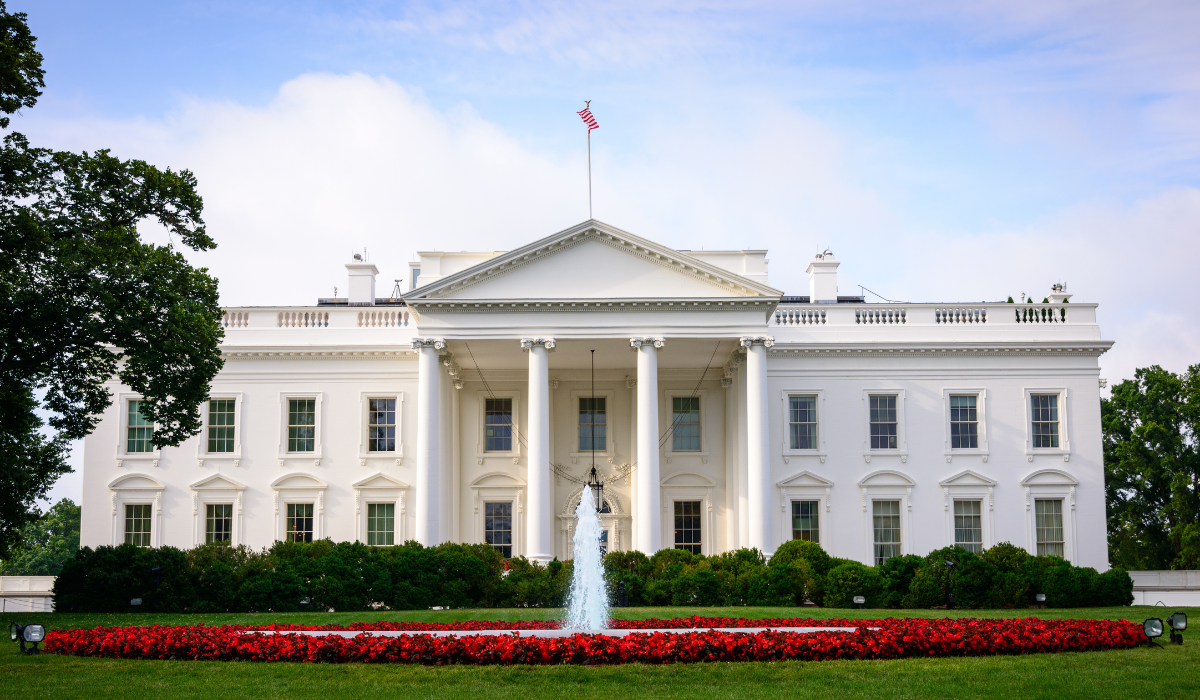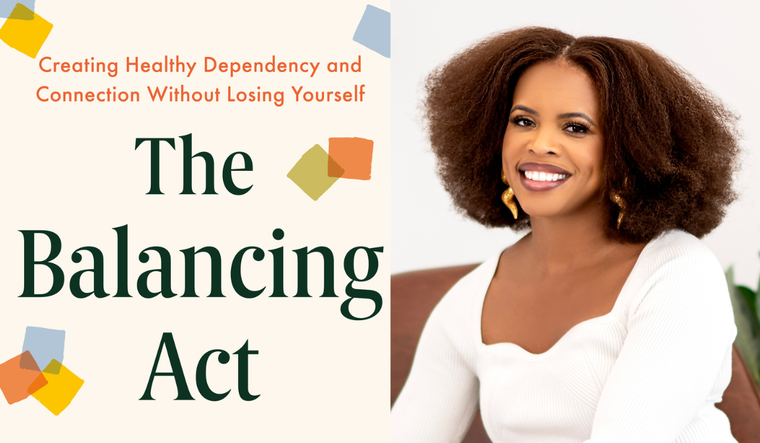A Change in Language, Manners, and More

Did you like listening to this article? We want to know more about your listening experience.
On Wednesday evening I joined NPR’s special report, a primetime program seeking to better understand the implications of Donald Trump’s first one hundred days. Michel Martin, the program host, began my segment by quoting the president’s communications director explaining the White House’s core philosophy is “to be aggressive all the time. You can’t relent.” Then, she wondered how this type of political engagement affects us, especially our lives together?
*This interview has been edited and condensed.
Michel Martin: Let’s set the table here. Can you talk about civility as an idea? What is that? Is it table manners? Is it rhetoric? And why does it matter?
Steven Petrow: I think we’ve gotten very confused about what civility is. It’s become almost a dirty word. But when I think about its meaning I go back to the French, which defines civility as citizens who think about their larger community—whether that’s their church, the town they live in, the state, or the nation. It’s this feeling that you’re part of a larger group of people that you care about, and that you help. We’ve really lost that notion [of wholeness or oneness].
Why do you think we’ve lost that notion? Let’s just be blunt: Do you think that President Trump is at the core of that, or does it go beyond him or predate him?
It certainly predates him and his first administration. There’s been a long slide in how civility is measured. But what I have seen in my reporting over the past 100 days is that there’s been this acceleration—of the polarization, the fragmentation and especially fear within communities. It is driving us apart. And I don’t know about you, Michel, but no one I know, including myself, is their best self when they’re driven by fear and this kind of uncertainty.
How do you see that? Tell me how it manifests itself or how is it presenting itself to you?
I spoke to a psychotherapist in Los Angeles who works with queer people. He told me was that he’s seeing higher rates of depression and anxiety, increased suicidal ideation and notion that [LGBTQ] people are feeling that they have to hide. Transpeople, in particular, feel that they are being targeted—it’s almost as if they have targets on their back. Polling shows us that these harms are really across the board. One proxy is a Harris/American Psychological Association poll that will be released next month. What they say is 60 percent of those 18 to 34 do not feel good about their mental health now. That’s about double from the same time in August of last year, and that’s true across all generations. That’s a problem.
How do we square that with the fact that some people say the very thing they like about President Trump is that he is so blunt, brash, aggressive, says what he means, means what he says, that kind of thing? Obviously, you can see the consequences with people who feel that they’re targeted by his political agenda but what about other people? What you seem to be saying is that there’s a broader unease.
It’s a very good question. Certainly many people do feel that he is speaking for them when he speaks out, speaks up in these ways. But I live part of the time in western North Carolina, which is where Hurricane Helene came through. It’s still an area that needs a lot of attention. I spoke to Trump voters there, and while they told me they’re on board with his policies, they’re really not on board with his style, with the language that he’s using. They feel that it’s too much. They also feel that progressives go too far as well and wish we could all find ourselves more in the middle. I have to say, I agree with that notion—that the majority of Americans are not extreme like that. We’re being torn apart when what we really need to start to do is to listen to each other again. We’re very, very bad at listening. And when we do listen, we often use that as an opportunity to spout back what we want to say.
Is the president really that important in shaping a culture of civility in America?
Ten years ago, I would have said no, that our culture is shaped by many elements in our society. But he is a leader, especially in the ways that he has violated norms, broken norms, crashed norms. For instance, when you when you look to how language is being used—let’s take Elon Musk as an example. Recently he used a slur, forgive me for repeating it, but he used “retards” in a statement. That is language that is not only demeaning and disrespectful, but when you hear slurs like from a leader, you can think, well, is that acceptable? In restarting my column, people are writing to me, saying, “I’m confused. Is it okay to do this? Is it not okay to do this?”
Among people who are writing to you, even among people who perhaps support the president’s political objectives, you’ve mentioned that some of the people who write to you say that they think that the left has gone too far in shaming and isolating and marginalizing and demeaning people who don’t agree with them. Have you observed a desire for a more civil public discourse, even among people who support the president’s political agenda?
I have. Actually, I was speaking this morning with a woodworker in western North Carolina, and he is exhausted by what is going on. His family is fragmented. He voted for Trump. Most of his family voted for Kamala Harris. Yet there’s an exhaustion that’s inherent in all this, especially when you’re talking about families and communities where people are engaged with each other, where they love each other. There’s so much pain. There’s so much hurt. Yes, I think this is something that we all desire. Then the question is, how do we accomplish that? A couple of ideas come to mind. Senators Ted Kennedy D-Massachusetts) and John McCain (R-Arizona) both focused on policy not personality when they had political disagreements with others. That’s one. Number two is de-escalating language—it’s so important not to use inflammatory words. And the third suggestion is really pause before you respond, make sure you’ve heard them, and then respond.
Steven Petrow is a contributing columnist with The Washington Post and the author of The Joy You Make, published by Maria Shriver’s book imprint, The Open Field, in September. Over many years, he wrote an advice column in The Washington Post called, Civilities, hosted a public media podcast titled “The Civilist,” and delivered a TED Talk, “3 Ways to Practice Civility.” Next month, he’ll be restarting Civilities on Substack.
Editor's Note: Every week, The Sunday Paper's team of journalists sift through the news to find what Rises Above the Noise, makes sense of what's happening in the world, and provides hope for your week to come. While we do our best to provide our own informative summary of each piece, some publications require their own subscriptions beyond our control.
Please note that we may receive affiliate commissions from the sales of linked products.



